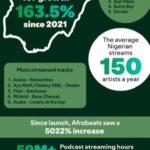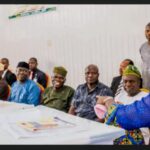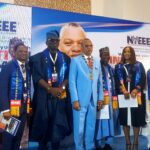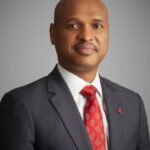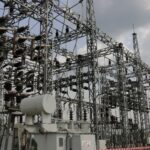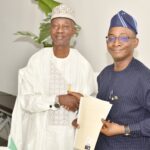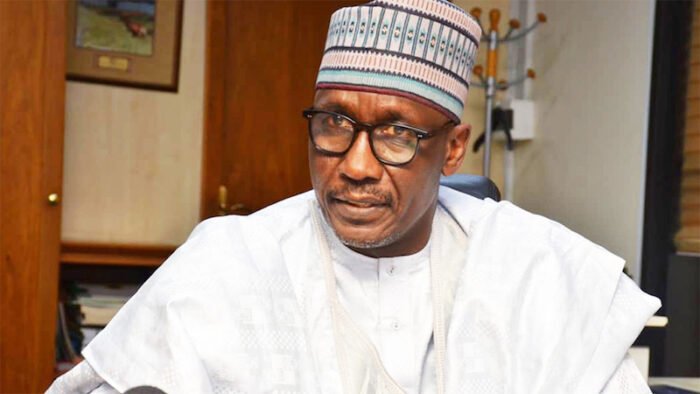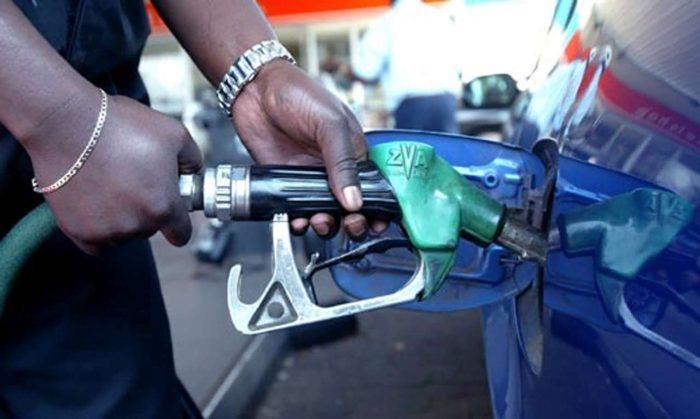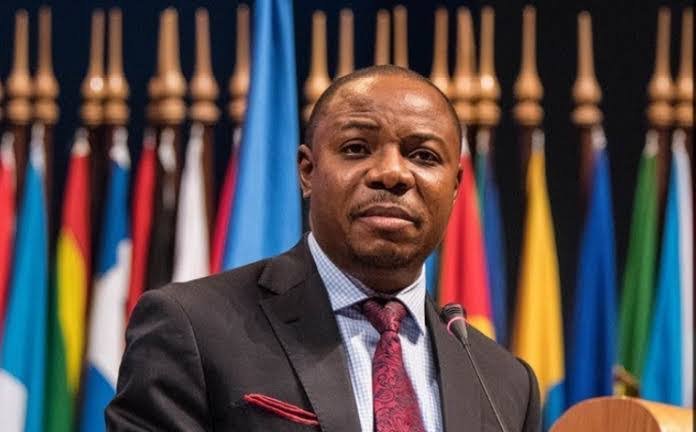NNPCL sources explain company’s operations, “to discourage blatant misinformation”
By Emmanuella Anokam High-level sources in NNPC Ltd. have come out in full force, to explain the operations of the company against the backdrop of “blatant misinformation” on the activities of the firm. The News Agency of Nigeria (NAN) learnt on Thursday in Abuja that the gesture is aimed atContinue Reading




